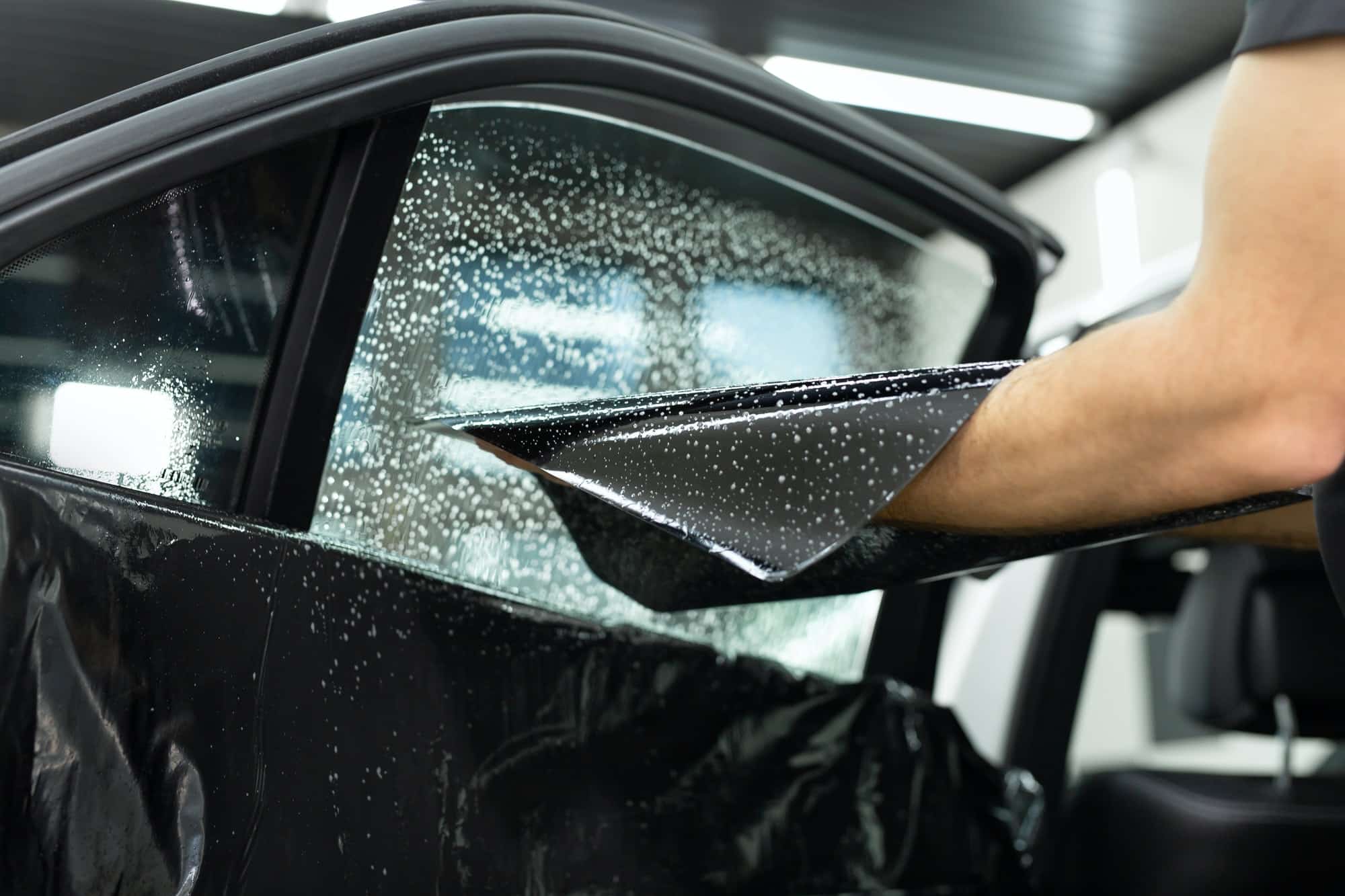Is Ceramic Window Tint the Best Choice for a Volkswagen Passat for Heat Rejection?

When it comes to vehicle enhancement, window tinting is a crucial aspect that many car owners consider. However, the choice of tint can dramatically affect its effectiveness and your overall driving experience. In this article, we will delve into one specific type of automotive window tint – the ceramic tint. With the Volkswagen Passat in focus, we will answer the question, is ceramic window tint the best choice for heat rejection?
An Overview of Window Tinting
Window tinting is a practice that involves applying a thin film, often made from ceramic, dyed, carbon or metallic materials, to the glass of a vehicle’s windows. This film offers numerous benefits, including heat rejection, improved views from inside the vehicle, and added protection from harmful ultraviolet (UV) rays.
Dans le meme genre : Is It Possible to Install an Active Exhaust System on a Dodge Viper for Adjustable Sound?
However, not all tinting films are created equal. The efficacy of a tint film can vary depending on its composition and the method used in application. For our Volkswagen Passat owners, let’s explore the ceramic window tint in a bit more detail.
The Science behind Ceramic Tint
Ceramic tint, as the name suggests, is made up of tiny, nonconductive ceramic particles embedded in a layer of adhesive. The particles, while microscopic, play a significant role in the film’s performance. They have the ability to reflect and absorb a large portion of incoming heat, which enhances the vehicle’s comfort level and helps in reducing the strain on the car’s air conditioning system.
Cela peut vous intéresser : How to Replace the Serpentine Belt on a BMW 3 Series for Optimal Engine Performance?
But how exactly does ceramic tint achieve this high level of heat rejection? The answer lies in its unique composition. Unlike regular dyed or metallic tints, ceramic tints do not contain any metal, dye or carbon components. These materials tend to absorb heat and could potentially increase the temperature inside your car. Ceramic tints, on the other hand, are entirely metal-free, which allows them to reflect away a significant chunk of solar heat.
The Superior Heat Rejection of Ceramic Tint
Now, let’s cut to the chase. Is ceramic window tint the best choice for a Volkswagen Passat for heat rejection? The unequivocal answer is yes.
Ceramic films offer superior heat rejection compared to other types of tint. This is primarily due to the ceramic particles in the film, which are highly efficient at blocking infrared rays, the main source of heat from the sun. This quality makes ceramic tints incredibly effective at keeping your vehicle cool, even during the hottest days.
Additionally, ceramic window films provide incredible clarity. Unlike other tints, ceramic films don’t interfere with the view from inside your Volkswagen Passat. They allow a high degree of visible light into your vehicle, which improves your views and overall driving experience.
Durability and Longevity of Ceramic Tint
Beyond its superior heat rejection and clear views, another aspect that makes ceramic tint the best choice for your Volkswagen Passat is its durability and longevity. Ceramic tint films are well-known for their resistance to fading, peeling, bubbling, and delamination. This is because they are UV resistant and do not contain dyes that can fade over time.
Notably, the threads of ceramic tint are extremely resilient. They can withstand harsh weather conditions and exposure to sunlight without compromising the film’s effectiveness and aesthetics.
Protection and Privacy with Ceramic Tint
Finally, we can’t discuss the merits of ceramic tint without mentioning the added protection and privacy it offers. Ceramic window films provide a strong layer of protection against harmful UV rays, which can cause skin cancer and accelerate the aging process of your car’s interior.
Moreover, window tinting enhances privacy by reducing the visibility from the outside. However, with ceramic tints, you don’t have to sacrifice visibility from inside your car. They allow a high degree of visible light into your vehicle which boosts your views, while still providing adequate privacy.
In conclusion, ceramic window tint is indeed the best choice for a Volkswagen Passat when it comes to heat rejection. Its exceptional heat reflecting properties, coupled with its durability and added protection, make it a worthwhile investment for any car owner.
How Ceramic Tint Compares to Other Tinting Options
When exploring window tinting options for your Volkswagen Passat, it’s beneficial to understand how ceramic tint stacks up against other types. This will give you a clearer picture of why ceramic window film is considered a superior choice.
Metallic tints, for instance, are known for their shiny finish and high UV blocking capability. However, they can interfere with your vehicle’s radio and GPS signals due to the metal particles in their composition.
Dyed window tints are more affordable, but they can fade over time, especially when frequently exposed to the sun. This factor can undermine their effectiveness in heat rejection and UV protection.
On the other hand, carbon window tints offer better heat rejection than dyed tints and do not interfere with electronic signals. However, they do not match the heat rejection capacity of ceramic tints.
Ceramic tints, however, outperform all other types in terms of heat rejection, clarity, durability, and UV protection. They do not interfere with electronic signals, do not fade over time, and offer superior protection against the sun’s harmful rays. It’s also important to mention that ceramic window films, like the Avery Dennison Nano Ceramic film, offer a high visible light transmission (VLT), enhancing visibility while reducing glare.
Installation of Ceramic Tint
Having chosen the perfect window tint, the next significant consideration is the installation process. While you can find a tint kit and attempt to do it yourself, it’s advisable to have professionals handle the task for a flawless final fit.
Professional window tinting services have the necessary experience, skills, and tools to ensure a perfect, bubble-free application. They know how to handle the delicate ceramic tint without damaging it, ensuring it lasts for a long time.
Remember, poorly installed window tints can peel off, bubble, or become discolored, which can diminish your Volkswagen Passat’s aesthetic appeal. Therefore, investing in professional installation is as crucial as choosing the best tint. If you’re based in Los Angeles, you can easily find reputable window tinting services for your car.
Conclusion
Given its superior heat rejection, durability, and UV protection properties, ceramic window tint is indeed the best choice for a Volkswagen Passat. Not only does it keep your car cool and shield you from harmful UV rays, but it also enhances your vehicle’s aesthetics and privacy.
When combined with professional installation, ceramic window tinting can significantly enhance your driving experience. Keep in mind the importance of regular maintenance to preserve the lifespan and effectiveness of your ceramic window film. With the right care, your ceramic tint can serve you for many years, making it a worthwhile investment for any Volkswagen Passat owner.
